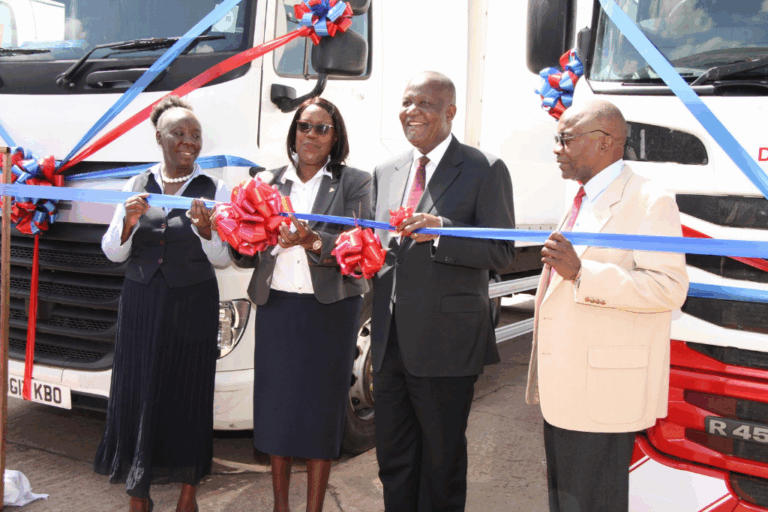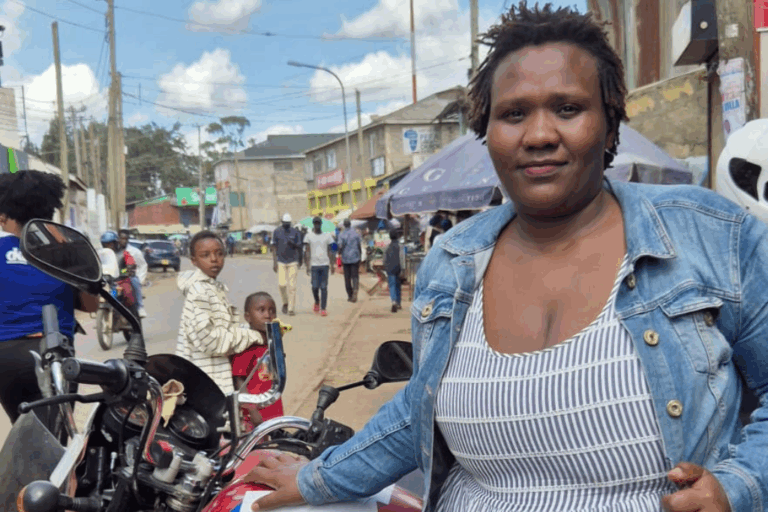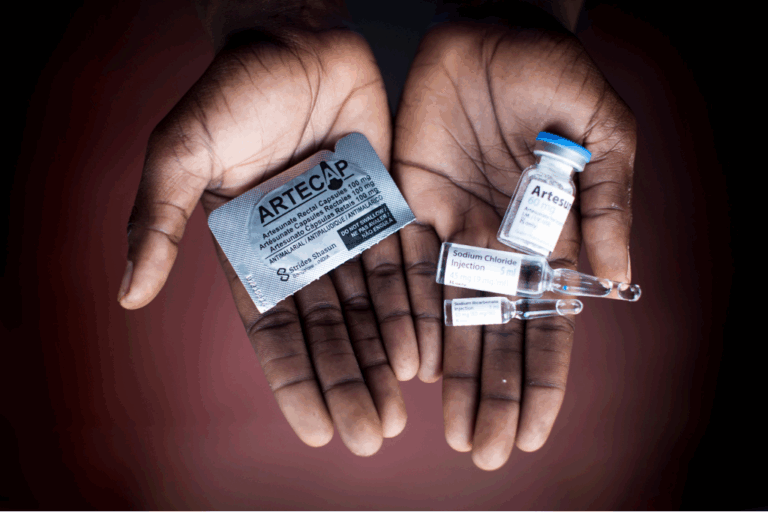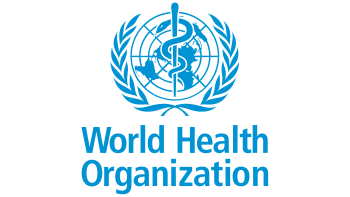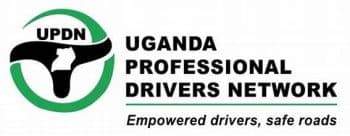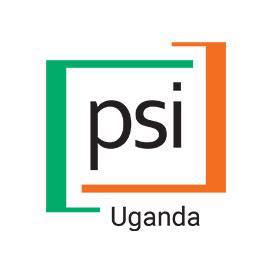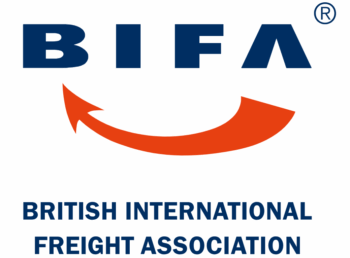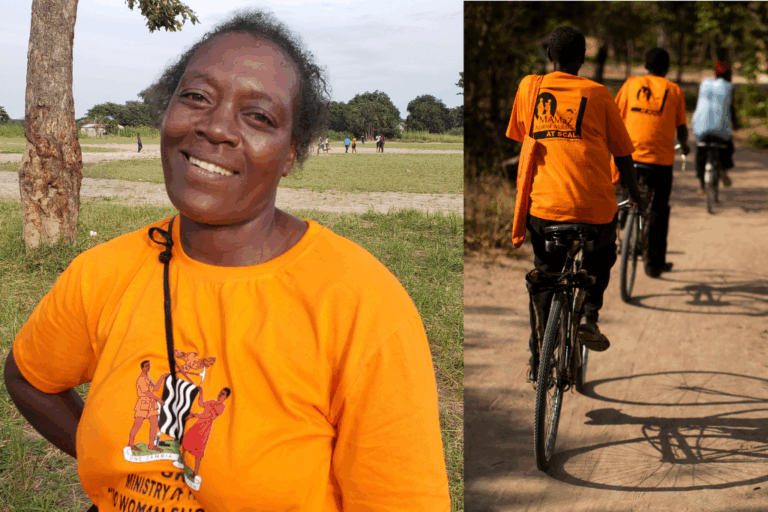
News
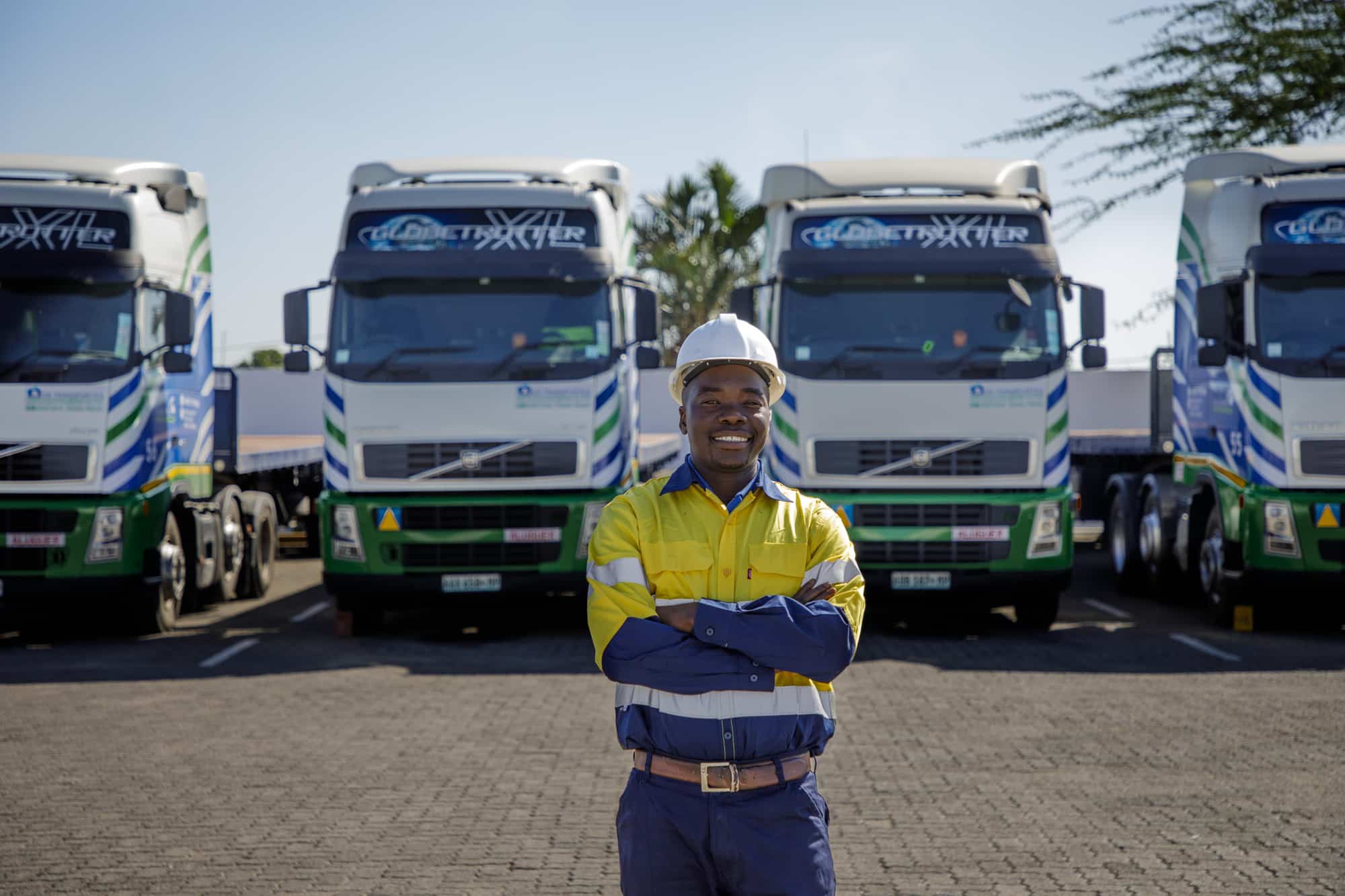
COVID-19 update: Transaid’s response
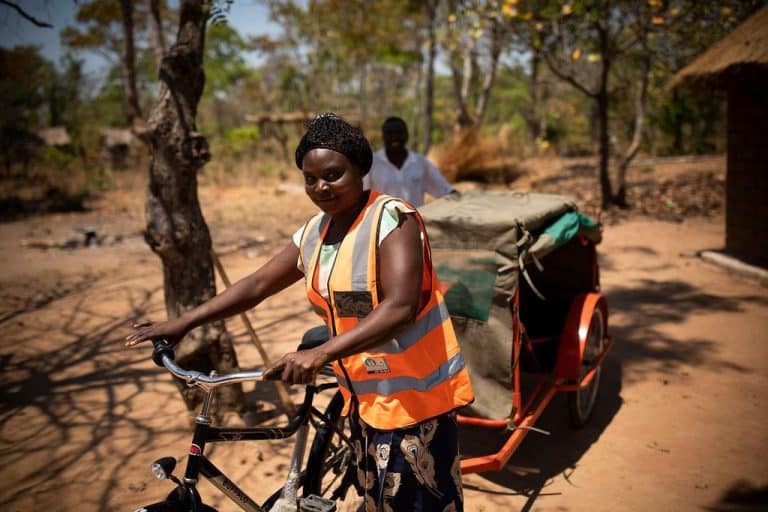
COVID-19 in Africa
All over the world, the COVID-19 pandemic has caused unprecedented disruption and uncertainty across all aspects of life.
In the UK, we have closed our office and have made adjustments to comply with social distancing measures. Despite the physical distance between our teams, we are still working closely together to solve transport challenges around the world, greatly encouraged by the incredible response we have already seen from our supporters and corporate members, which has been overwhelming.
Meanwhile, the challenges brought about by COVID-19 differ greatly in Africa compared to Europe. As things currently stand, the number of confirmed COVID-19 cases in sub-Saharan Africa is relatively low. Zambia, for example, has 76 confirmed cases, whilst Tanzania’s total stands at 284*. The actual number of cases is likely to be far higher.
Many countries where Transaid works have considerable experience in managing infectious diseases as they manage a high burden of HIV/AIDS, malaria and TB. Experience from the Ebola crisis has seen the development of response strategies including testing and tracing.
Nevertheless, countries in sub-Saharan Africa will face significant additional challenges in the fight against the coronavirus. The health systems in many countries are already overstretched and there is a worrying small number of ICU beds and respiratory treatment devices in the countries where Transaid works. In Uganda for example, there are fewer than 60 ICU beds for a population of 44 million people.
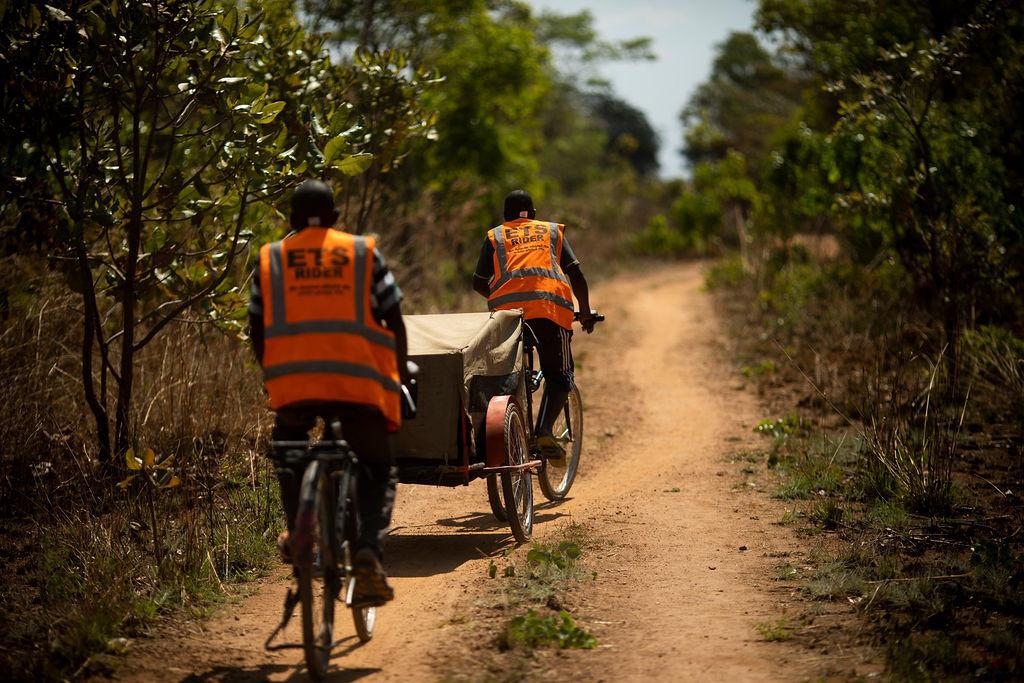
In rural areas, limited access to running water will inhibit basic sanitation practices such as handwashing. Many rural communities live in remote villages accessible only by dirt tracks, which often means that healthcare is out of reach. Even in cities, lack of public transport infrastructure may stop essential workers from getting to where they are needed.
Many people living in sub-Saharan Africa will also face additional economic hardship as a result of the pandemic. Whilst the majority of countries on the continent are yet to implement the same rigorous lockdown that the UK is currently enforcing, social distancing measures will hit low-income, casual workers hardest. Only a small number of people will be able to work from home and governments will not be in a position to provide the same bail out measures to employers. As cases continue to rise across the continent, those without a financial safety net will be particularly vulnerable as governments introduce further isolation measures. People will have to make incredibly difficult choices about whether to go out to work to feed their family or to stay home and try and protect them from COVID-19.
Transaid’s response to the pandemic
Transaid believes that every community matters and we are working round the clock to try and support the COVID-19 response and help with preparedness planning and community resilience. We are delighted to have received funding from the FIA Foundation for COVID-19 response in Zambia, and have been humbled by the generosity of individuals who have also pledged their support towards this important cause.
In each of the countries we are working in, we are following national government advice and adapting to the ever-changing situation. In Zambia, our MAMaZ Against Malaria at Scale team is helping to prevent the spread of COVID-19 in rural communities through a variety of activities including raising awareness, community radio, establishing handwashing stations, provision of basic PPE for community health volunteers and ETS riders and establishing food banks for those affected. We are also proud to be supporting the Zambian Ministry of Health to develop COVID-19 prevention guidelines. You can read more about this programme and how it is adapting here.
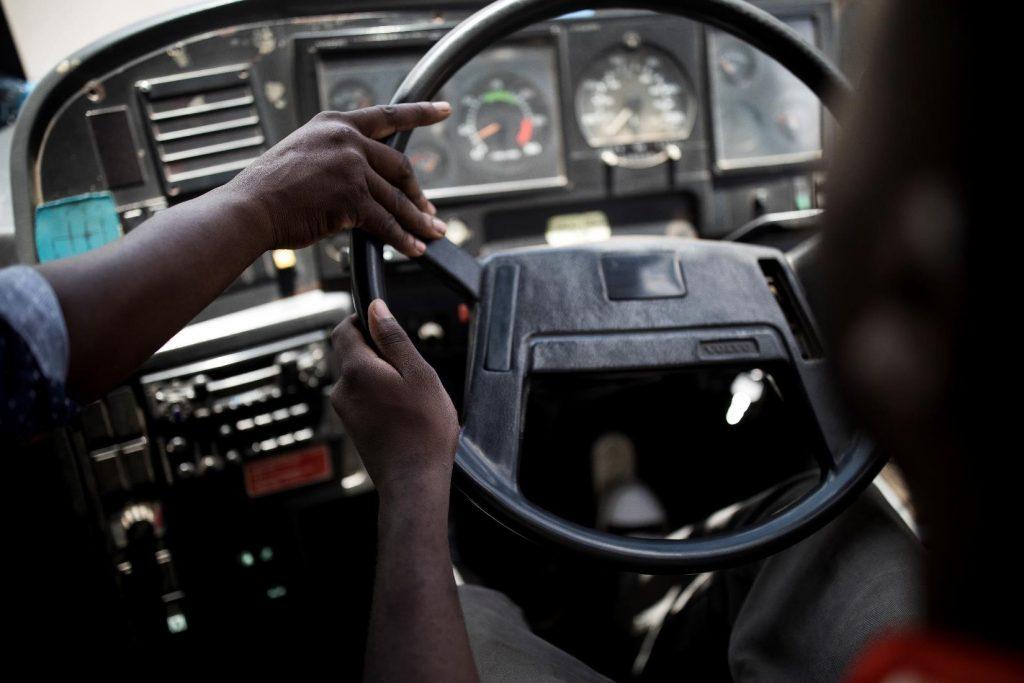
Whilst the pandemic is understandably at the forefront of everyone’s minds, we must not allow the progress made in the fight against severe malaria, HIV/AIDS, TB and maternal mortality to stall. This work must continue or millions of people will not receive their essential medicines and health services. In Zambia, it is currently peak malaria season, and with several of the symptoms of COVID-19 presenting similarly to the danger signs of severe malaria, we must ensure that people with either disease are able to receive the treatment they need.
Likewise, we must not pause our road safety work to reduce the number of people dying on the world’s roads. We must not lose sight of the fact that road traffic injuries are currently the leading cause of death for children and young adults aged 5–29 years, with traffic deaths being three times higher in low income countries according to the World Health Organisation. Around the world, the pandemic has highlighted just how vital a role the transport and logistics industry plays in the running of our daily lives. No matter how far lockdown measures extend, trucks will continue to be on the roads, and warehouses will still need to be staffed. Road safety therefore continues to be a priority for us, especially as drivers facing economic hardship may be pressured to cover longer distances or work longer hours.
Whilst our partner driver training centres in Tanzania, Zambia and Uganda have suspended practical training for now, the teams are still hard at work. We are prioritising the health and well-being of everyone involved in our programmes, but we are also exploring new avenues, such as distance learning and using this time to review training materials. We are also looking at mobilising our trainers in Uganda to support a response to an emerging issue related to COVID-19 which is seeing long distance truck drivers attached on social media for facilitating the spread of the virus.
Finally, the two recently donated trucks which will be used as training vehicles by our partners, the Industrial Training Centre in Lusaka, having recently landed in Dar es Salaam and will soon be making their way down to Lusaka, ensuring that once the ITC are able to commence training again, they will do so with increased capacity.
We will be keeping our supporters updated as the situation develops. In the meantime, we wish you all the best in these uncertain times. You can keep in touch with us on Facebook, Twitter, Instagram and LinkedIn, or through our e-newsletter.
*figures as of 24th April 2020. Click here to read the most up-to-date statistics.

